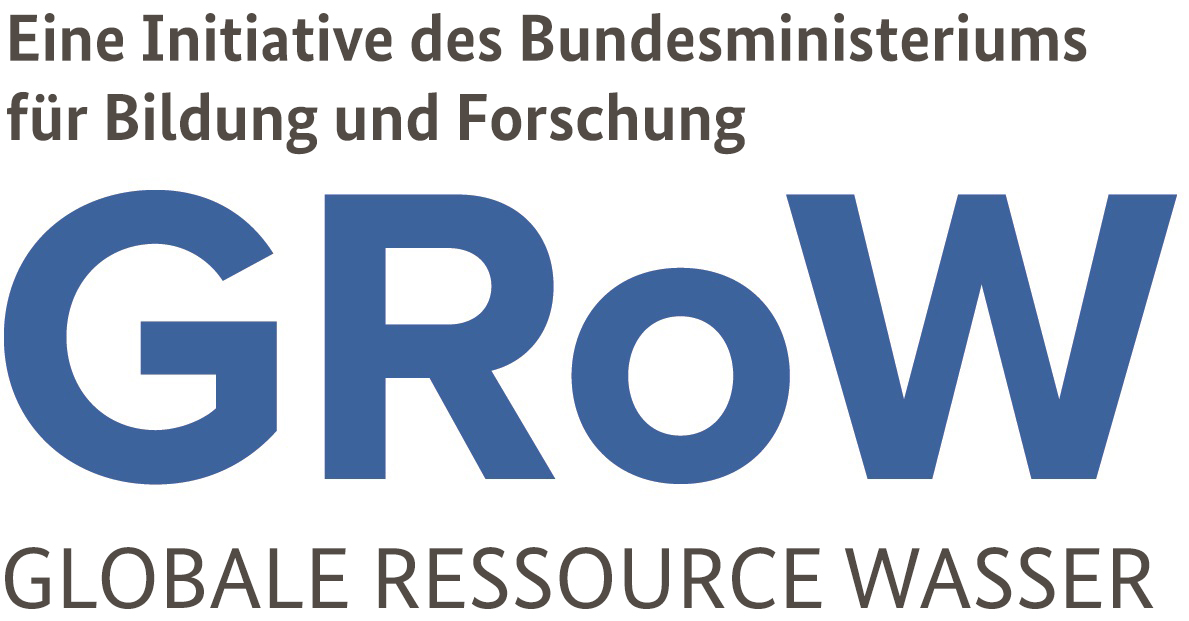Second workshop on the cross-cutting topic “Incentive mechanisms in the context of governance”
| Date |
Date
|
On 22 October, the working group on the cross-cutting topic “Incentive mechanisms in the context of governance” met in Frankfurt to continue its work on key issues identified at its first meeting earlier this year.
At that meeting, which took place in March 2018, the group identified three sub-themes for its future work: a mechanism for turning research into practice, agricultural irrigation, and measuring governance. The second workshop aimed to examine these topics in more depth in order to share knowledge, achieve a common understanding of associated concepts, and pinpoint opportunities for harnessing synergies across the projects.
The workshop began with three keynote presentations. One examined how to bridge the water governance gap between the macro and the micro level, another examined the institutional framework of irrigation systems, and the third looked at indicators and measurements for assessing water governance structures.
After these presentations, the project representatives shared insights into their work on legal frameworks in the context of irrigated agriculture. There was broad consensus on the relevance of analysing legal mechanisms and frameworks in order to assess the potential value of the projects’ technical outputs.
The participants continued their exchange within two parallel working groups. One examined irrigated agriculture, and the other was about measuring governance and turning governance research into practice. Focusing on social innovation, digitalization and legal frameworks, the irrigated agriculture group was primarily interested in analysing legal frameworks, particularly with regard to deficits of implementation and respective solutions, and considered a joint publication on this issue. The second working group discussed the links to governance that exist in the GRoW projects. It identified potential principles of good governance (separation of powers, enforcement, and appropriate monitoring methods) and talked about the outcome of the session: a collection of aspects of good governance from the projects and a potential position paper with condensed information on water governance.
The next workshop on the cross-cutting topic will be organized in spring 2019.
The presentations and workshop minutes are available here.
